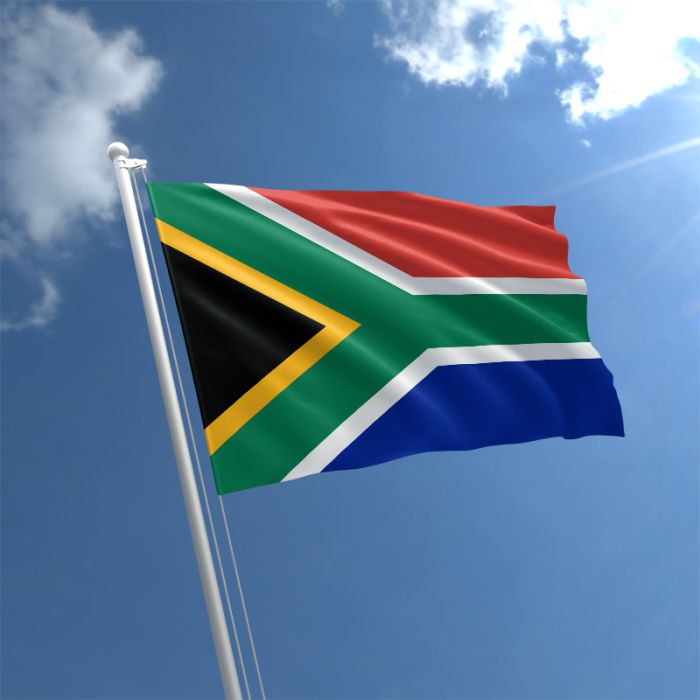South Africa’s foreign ministry announced that the US ambassador has issued an “unreserved” apology after making claims that the country had sold weapons to Russia. Reuben Brigety, the US ambassador, alleged on Thursday that a Russian vessel had been loaded with ammunition and weapons in Cape Town last December.
South Africa, however, denies any record of such an arms sale, prompting President Cyril Ramaphosa to order an inquiry into the matter. On Friday, John Kirby, the White House national security spokesman, refrained from providing specific details regarding the allegations but acknowledged it as a “serious issue.” He emphasized that the US has consistently urged countries not to support Russia’s involvement in the Ukraine conflict.
Following a meeting with the foreign ministry, Ambassador Brigety took to social media to express his gratitude for the opportunity to “correct any misimpressions left by my public remarks.” He further reaffirmed the strong partnership between the two countries and the importance of their shared agenda as directed by their respective presidents.
In response to the situation, a South African cabinet minister condemned what she called “megaphone diplomacy” and emphasized that South Africa would not be bullied by the US. Khumbudzo Ntshavheni, a minister in the presidency, stated during an interview with the public broadcaster SABC, “It is the US which has sanctions against Russia… they must not drag us into their issues with Russia.”
These defiant remarks followed a statement from the Kremlin, which revealed that President Vladmir Putin had engaged in a phone conversation with his South African counterpart, culminating in an agreement to strengthen “mutually beneficial ties.”
While it is undisputed that a Russian vessel named Lady R docked at a naval base near Cape Town in December, questions remain regarding whether the ship was indeed supplied with arms before returning to Russia. If the allegations prove to be true, South Africa would have violated its own Arms Control Act, which pledges not to engage in conventional arms trade with nations involved in repression, aggression, or terrorism.
The same act portrays South Africa as a “responsible member of the international community.” South Africa has abstained from several UN votes on the conflict and refrained from publicly condemning Russia, asserting its non-aligned stance on the matter. The country has consistently advocated for a mediated settlement to the conflict.
If it is revealed that South Africa supplied arms while claiming neutrality, it would not only undermine its stated position but also necessitate explanations to its citizens and the international community. Some members of the ruling African National Congress (ANC) appear to maintain a sentimental attachment to Russia due to the former USSR’s support during their fight against white-minority rule. However, within present-day South Africa, questions have arisen as to whether this affinity truly serves the country’s interests.
Experts note that South Africa shares more in common and has a larger trade relationship with the West. Concerns have been raised about potential economic repercussions if relations with the US further deteriorate. The country’s currency, the rand, which has been struggling for weeks due to ongoing power outages, weakened even more following the accusations made by the US ambassador.
This additional problem places a significant burden on South African citizens, who can ill afford further economic challenges.




